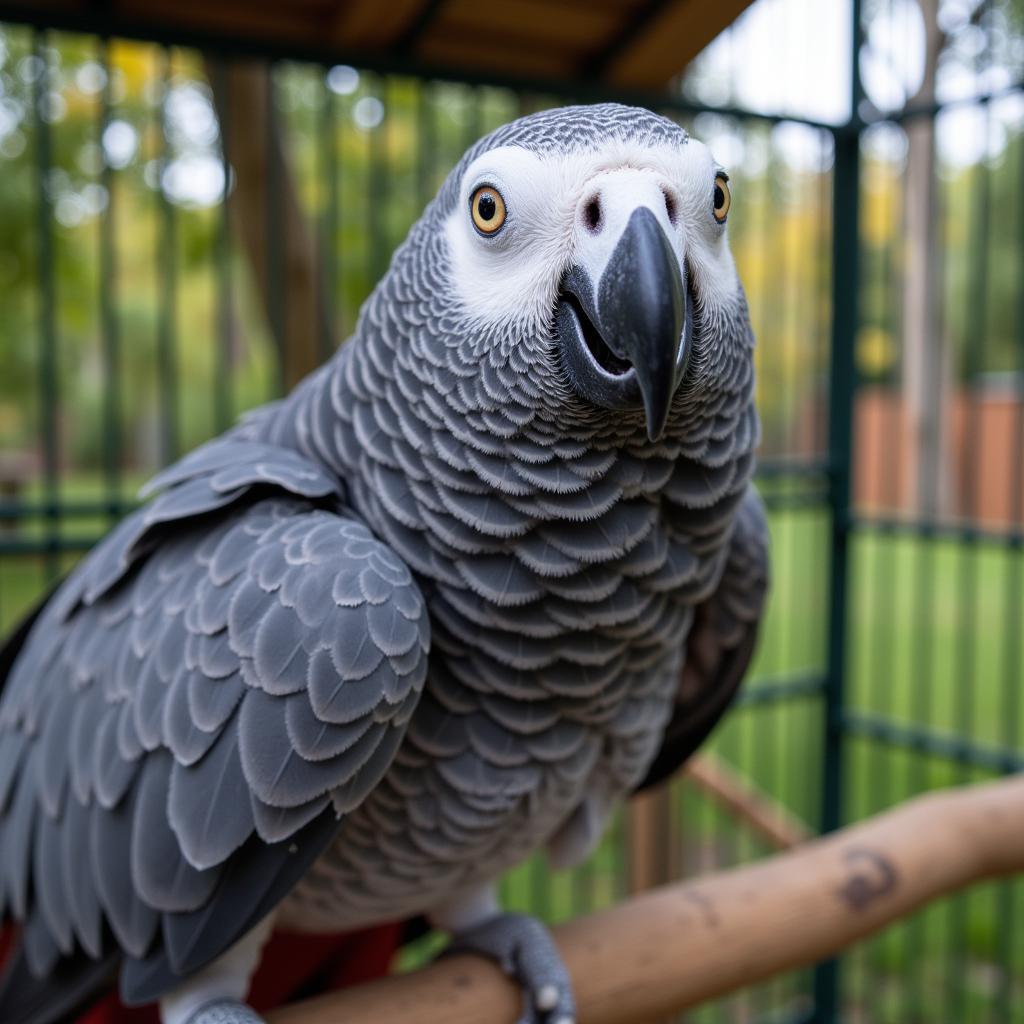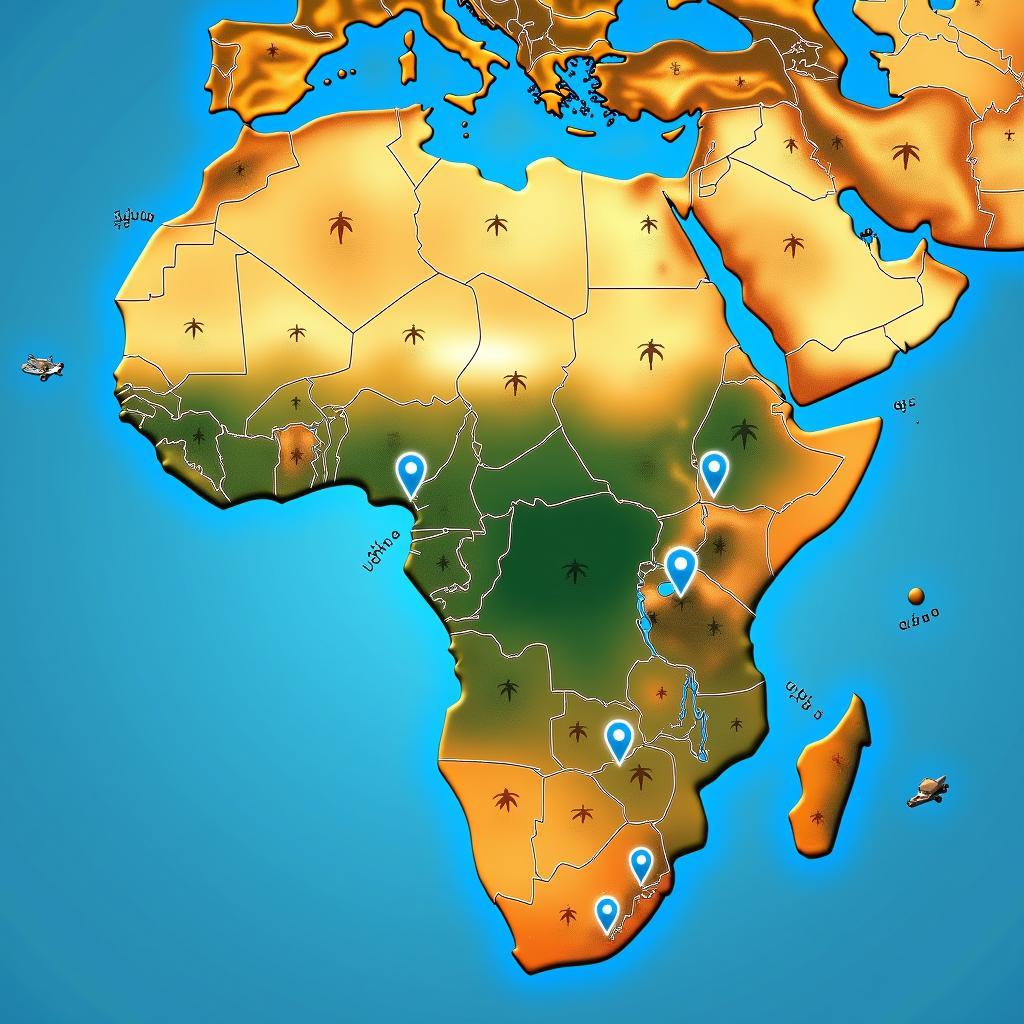Understanding African American Helmet Hair: Myths, Causes, and Solutions
“African American helmet hair” is a term, often used in jest but sometimes with underlying insensitivity, to describe a particular hairstyle seen predominantly among Black men with very short haircuts. While it might seem like a lighthearted topic, understanding the cultural context, the science behind this hair phenomenon, and appropriate ways to address it is crucial to fostering respect and understanding.
Delving into the Science Behind “Helmet Hair”
The appearance of “helmet hair” stems from the unique characteristics of tightly coiled Afro-textured hair. When cut very short, the hair strands, due to their natural curl pattern, stand upright and close together, creating a dense, helmet-like effect. This is further accentuated by the hair’s natural dryness, which reduces its flexibility and ability to lie flat.
Beyond the Joke: Addressing Cultural Sensitivity
It is important to remember that using the term “helmet hair,” even in a seemingly humorous way, can be perceived as insensitive and perpetuate stereotypes. This is especially true when the term is used without understanding or acknowledging the cultural significance of Black hair. Remember, hair holds deep cultural meaning in many communities, and it’s crucial to approach discussions about it with sensitivity and respect.
Dispelling the Myths
There are many misconceptions surrounding “helmet hair.” One common myth is that it’s caused by using harsh hair products. While some products can indeed contribute to dryness, the primary factor is the hair’s natural texture. Another misconception is that the style is chosen for its “protective” qualities. In reality, many men with this haircut choose it for its ease of maintenance and styling.
Caring for Tightly Coiled Hair: Tips for Healthy Growth
Proper hair care is essential for anyone, regardless of their hair type. For those with tightly coiled hair, maintaining moisture is key to combating dryness and promoting healthy growth.
- Moisturize Regularly: Use a water-based leave-in conditioner or hair oil daily to keep the hair hydrated.
- Deep Condition Weekly: Apply a deep conditioner to provide intense moisture and nourishment.
- Avoid Harsh Chemicals: Sulfates and alcohols can strip the hair of its natural oils, leading to dryness and breakage.
- Protective Styles: Consider protective styles like braids or twists to minimize manipulation and breakage.
Embracing Diversity and Celebrating Individuality
Ultimately, understanding “African American helmet hair” goes beyond just the physical appearance. It’s about recognizing the diversity of Black hair, appreciating its unique characteristics, and engaging in conversations about it with sensitivity and respect.
In conclusion, “African American helmet hair” is a result of the beautiful complexity of Afro-textured hair. Let’s move beyond potentially insensitive terminology and embrace the uniqueness and diversity of all hair types.

